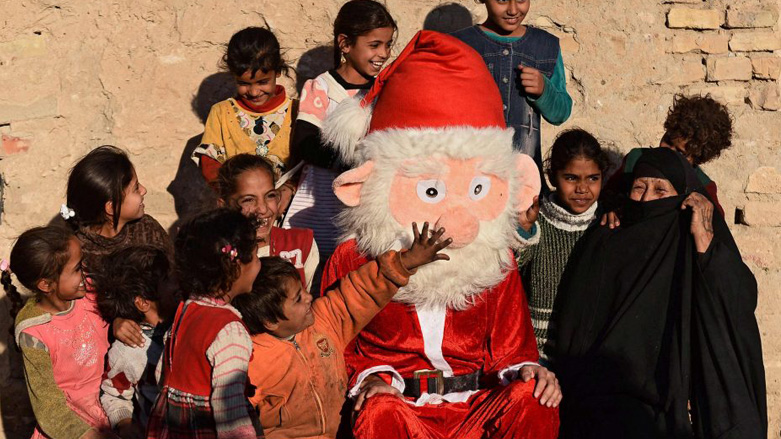Iraqi Finance Ministry submits bill to support the poor and vulnerable

ERBIL (Kurdistan 24) – The Iraqi Finance Ministry announced on Saturday that it had presented a bill to the parliament for providing financial assistance to those most affected by the "global financial crisis," according to a statement.
On Feb. 28, Finance Minister Ali A. Allawi discussed the country's fiscal policy and currency devaluation with lawmakers.
In 2020, the Iraqi financial authorities decided to devalue Iraq's currency against the US dollar, which the oil-dependent country heavily relies on for trade, to cope with the falling oil prices and lack of liquidity.
Sporadic demonstrations have been held in numerous Iraqi provinces as people's purchasing power decreased due to the change.
During the parliamentary session, Allawi said that he had prepared a bill to provide financial assistance to those in the country most affected by and vulnerable to the current global economic crisis. The bill will help these groups by increasing social protection funds, improving the ration card system, and supporting youth projects, according to a statement from the finance ministry on Saturday.
The financial assistance would extend to the country's pensioners and "families of martyrs," the statement added.
Affected by the COVID-19 pandemic, Iraq's poverty rate increased to 31.7 percent, according to a study conducted by the planning ministry in cooperation with a UN agency, World Bank, Oxford Poverty, and Human Development Initiative.
Nearly 4.5 million Iraqis were pushed below the poverty line as a result of the socio-economic ramifications of the pandemic, which infected two million in the country and killed 25,000 since early 2020.
The vast majority, 90 percent, of Iraq's budget comes from hydrocarbon sales.
According to the latest figures released by the oil ministry, the country earned $8.5 billion in revenue by selling more than 92 million barrels of oil in February.
Almost four million Iraqis are on the state payroll as the country's private sector remains underdeveloped.
